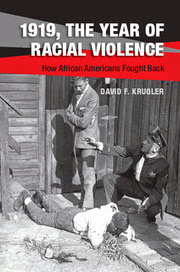 At the Washington Post's Monkey Cage blog he tagged his five best Middle East political science books of 2014, including:
At the Washington Post's Monkey Cage blog he tagged his five best Middle East political science books of 2014, including:Toby Matthiesen, “The Other Saudis: Shiism, Dissent and Sectarianism” (Cambridge University Press). This sweeping history of the Shiites of Saudi Arabia immediately becomes a definitive account of their politics and social organization. Drawing on wide-ranging interviews inside and outside of Saudi Arabia, along with a wealth of novel documentary sources and political publications, Matthiesen presents a compelling account of the evolving relations between the Shiite community and the Saudi state, and of the Shiite networks that cross the Gulf and the region.Read about another book Lynch tagged.
Learn more about The Other Saudis.
--Marshal Zeringue
































